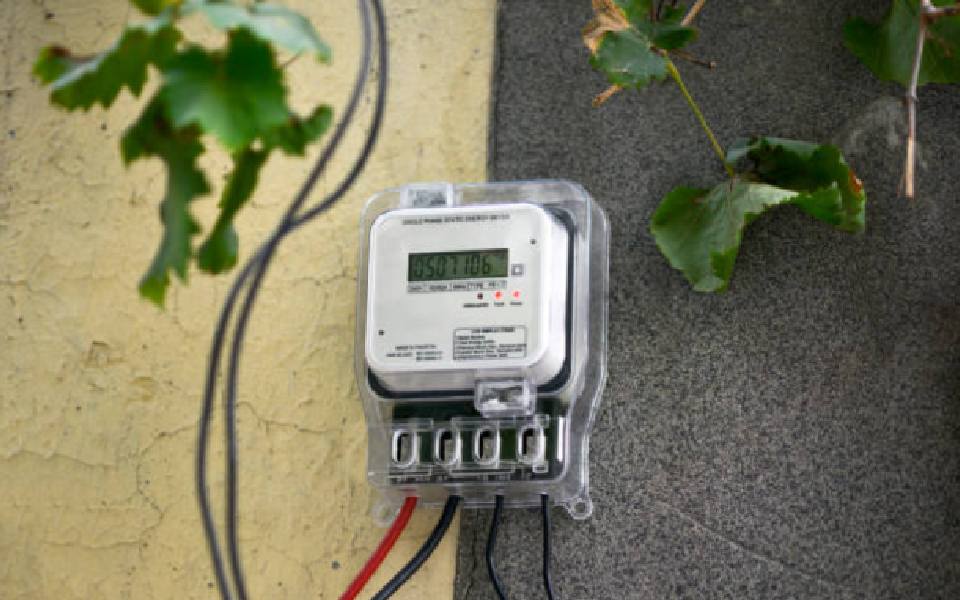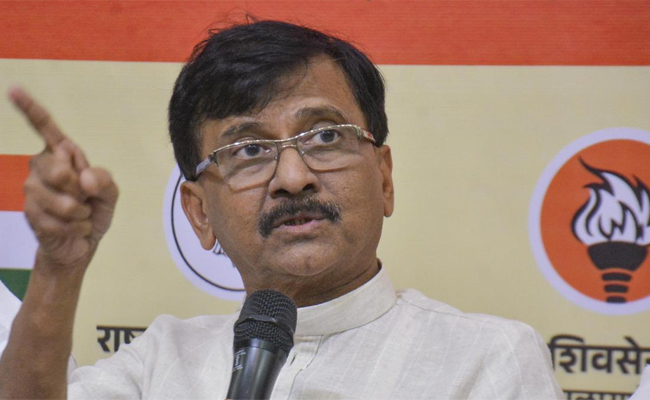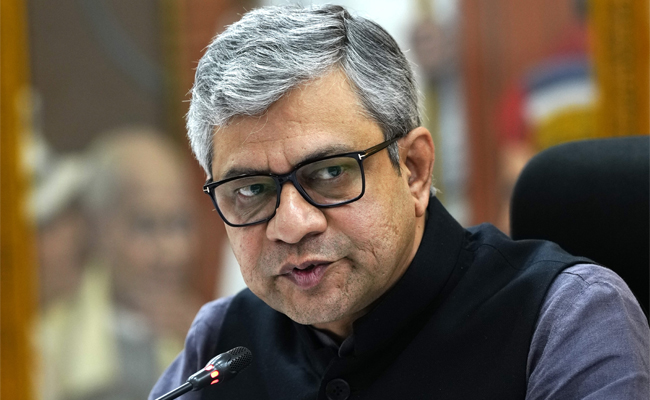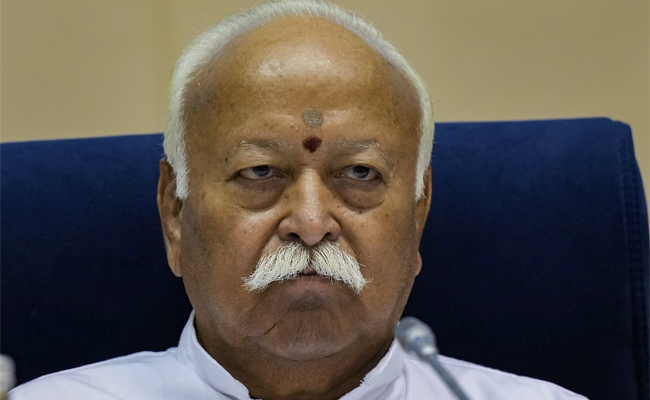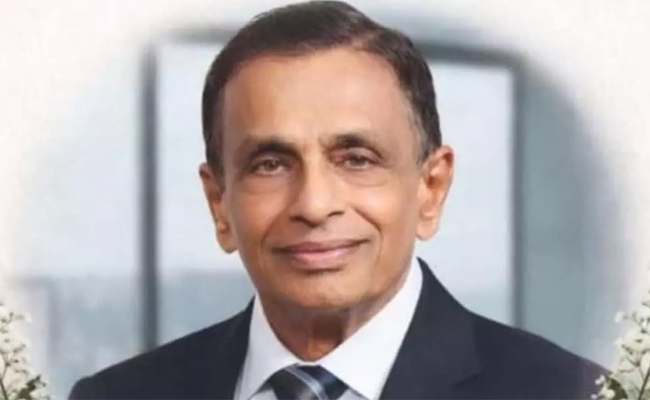Bengaluru, Mar 24 (PTI): The installation of smart meters in new electrical setups within the BESCOM jurisdiction is being carried out with complete transparency, with a scientific pricing structure in place, BESCOM Managing Director N Shivashankara said on Monday.
In a press conference held at the BESCOM office, Shivashankara further said existing customers too will have the option to install smart meters.
The press meet was also attended by Energy Department’s Additional Chief Secretary Gaurav Gupta and Karnataka Power Corporation Limited (KPCL) Managing Director Pankaj Kumar Pandey.
On March 6, the Karnataka Electricity Regulatory Commission released guidelines for installing smart meters. As per these guidelines, installing and replacing smart meters will take place in phases.
Shivashankara said, “The Energy Department’s smart meter scheme is a significant step towards a digital approach for electricity bill payments and real-time electricity usage data. These smart meters are not just a solution to meter and billing issues but also a tool for customers to manage their electricity usage effectively.”
According to him, the system enables TOD (Time of Day) rates, remote reading, auto connection, and disconnection. In case of a power outage, the electricity distribution company will receive immediate updates, streamlining and speeding up the power restoration process.
Most states have implemented the Revamped Distribution Sector Scheme (RDSS) system, said a release issued by the Energy Department.
Under RDSS, the central government would provide 60 percent of funding for developing electrical infrastructure if accepted. Additionally, the union government would contribute 15 percent of the total cost, or Rs 900, to replace smart meters, said the press release.
However, the scheme stipulated that state governments could only benefit if they cleared any outstanding subsidies and dues owed to the respective electricity supply companies. Furthermore, it was mandatory for all customers to install smart meters.
Since the Karnataka government did not agree to these conditions at that time, it did not accept the central RDSS scheme, said Shivashankara.
“In these states, electricity supply companies purchase and install smart meters for customers, subsequently recovering the cost of the meters and their technical maintenance by incorporating it into the electricity tariff,” he added.
He also explained how it worked in other states.
“For instance, with the central government’s subsidy, the monthly cost for each smart meter over 10 years is Rs120.34 in Maharashtra, Rs117.81 in West Bengal, Rs148.88 in Sikkim, Rs 130.30 in Manipur, and Rs115.84 in Madhya Pradesh. This cost is reflected in the electricity bill and collected from customers. Additionally, in these states, smart meters are being installed simultaneously for all customer installations (bulk replacement),” said Shivashankara.
The process of installing smart meters began in urban areas on February 15, and in the coming days, the installation process will begin in rural areas, he added.
“Currently, BESCOM has a stock of 30,600 smart meters,” said the BESCOM MD.
At the press meet, Energy Department’s ACS Gupta and KPCL MD Pandey also provided information about Karnataka's power situation and the measures taken by the Energy Department to ensure a stable power supply.
Let the Truth be known. If you read VB and like VB, please be a VB Supporter and Help us deliver the Truth to one and all.
Mumbai (PTI): Shiv Sena (UBT) leader Sanjay Raut on Tuesday said Indian cricketers not shaking hands with their Pakistani counterparts during the recently-played cricket match is "dadagiri" (bullying) by the BJP and the Centre.
Raut said his party is of the opinion that matches should not be played between India and Pakistan.
"(But) If you are doing that, then show sportsmanship," Raut said.
"Indian players not shaking hands with Pakistani players is dadagiri of the BJP and the government on Indian players. Why are you playing? What happens if you don't play (with Pakistan)," he said.
By playing with Pakistan, thousands of crores are earned in betting. Of this, half will go to Pakistan. That money will go to Dawood Ibrahim, Masood Azhar. This will again lead to terrorism, the Sena (UBT) MP added.
Indian skipper Suryakumar Yadav did not shake hands with his Pakistan counterpart Salman Ali Agha during the toss of their T20 World Cup clash in Colombo on Sunday, maintaining the status quo since the Asia Cup in Dubai last year.

